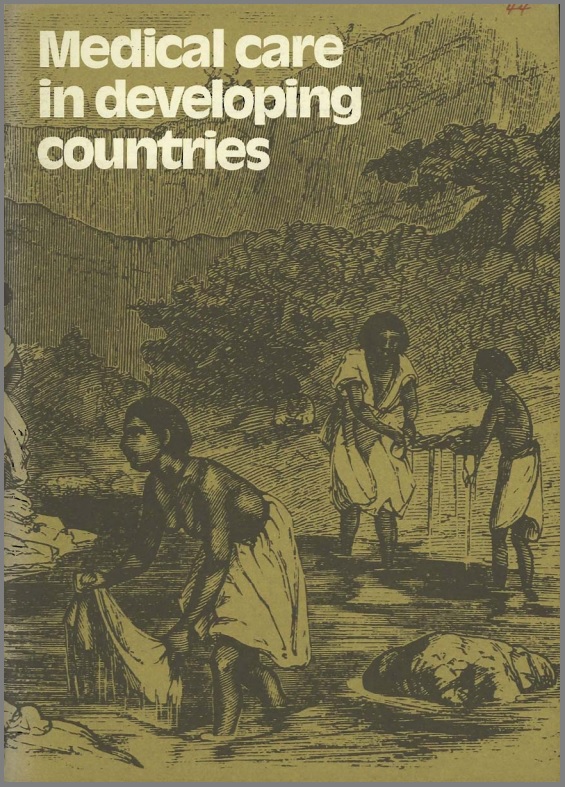Sign up to our newsletter Subscribe
Analysing Global Immunisation Expenditure

During the course of the past hundred years countries such as Britain have seen a very marked change in their patterns of morbidity and mortality. For example, between 1848 and 1872 it has been estimated that over 32 per cent of all male…
During the course of the past hundred years countries such as Britain have seen a very marked change in their patterns of morbidity and mortality. For example, between 1848 and 1872 it has been estimated that over 32 per cent of all male deaths in England and Wales were caused by infectious diseases and that only 6 per cent were the result of cancer and diseases of the circulatory system. By 1970 the respective figures were 0.6 per cent and 56.6 per cent. In 1848-72 mortality between the ages of one and four has been estimated at 36.5 per 1,000, while in 1970 it was under 1.1 per 1,000 (males). Today about 3 per cent of the total deaths experienced by the population of Britain occur in children under five whereas a century ago they accounted for over 40 per cent. (Logan 1950, Annual Abstract of Statistics 1971).
In the developing countries, which include nearly all of the tropical and sub-tropical nations of Africa, Asia and Latin America, there have been no such major changes. Nearly half of all deaths occur in children under five years of age as a result of the cumulative effect of protein-calorie malnutrition, parasitic infections, gastrointestinal diseases and other supervening infections. Mortality between one and four years of age is up to forty times higher in developing than in developed areas. The transmission of infectious diseases which, with malnutrition,
This paper is concerned with the health problems of the developing countries of today and with the examination of the role of medical care in their alleviation, given the resources available. It begins with a brief examination of some relevant demographic and socio-economic factors before discussing questions more directly concerned with medical care and assessing the importance of the role of such services in improving health standards.
Medical Care in Developing Countries
